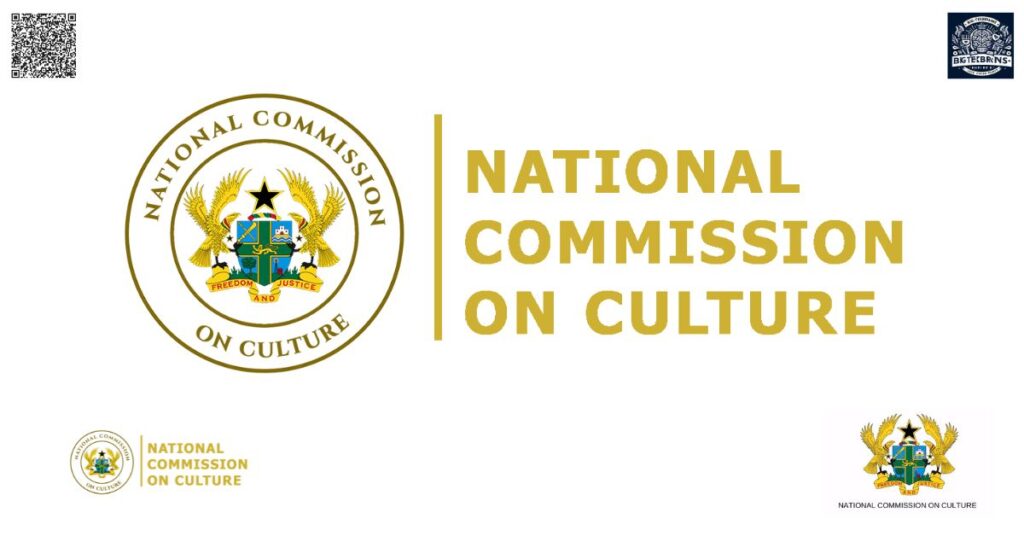Excerpt
The National Commission on Culture (NCC) is a pivotal institution in Ghana, dedicated to preserving, promoting, and integrating the nation’s rich cultural heritage into its developmental agenda. Established under the Provisional National Defense Council (PNDC) Law 238 in 1990, the NCC operates as an implementation body under the Ministry of Tourism, Arts, and Culture. Its primary responsibility is to ensure the effective execution of Ghana’s cultural policies.
Historical Background
The NCC was founded to manage Ghana’s cultural life from a holistic perspective. Its establishment marked a significant step in recognizing the importance of culture in national development and the need for a dedicated body to oversee cultural affairs.
Constitutional Role and Mandate
The Commission’s mandate includes promoting the evolution of an integrated national culture, supervising the implementation of programs for the preservation and promotion of Ghanaian traditions and values, and performing functions as prescribed by the government. It is tasked with translating the objectives and spirit of the democratic process into the habits of the Ghanaian people, promoting educational systems that stimulate creativity, and establishing codes of behavior compatible with Ghanaian traditions.
Organizational Structure and Leadership
The NCC operates under the leadership of an Executive Director, supported by a governing board chaired by the sector Minister. As of recent reports, Nana Otuo Owoahene Acheampong serves as the Acting Executive Director. The board comprises representatives from various ministries, including Education and Information, reflecting a collaborative approach to cultural governance.
Mode of Appointment and Recruitment
Appointments to the Commission, including the Executive Director and board members, are typically made by the government, often involving consultations with relevant stakeholders to ensure a broad representation of interests in cultural affairs.
Affiliated Offices and Units
The NCC collaborates with several institutions to fulfill its mandate, including:
Bureau of Ghana Languages:
- Focuses on the promotion and preservation of Ghanaian languages.
Ghana Museums and Monuments Board:
- Responsible for the preservation of historical sites and artifacts.
National Theatre of Ghana:
- Promotes performing arts and cultural expressions.
National Folklore Board:
- Oversees the protection and promotion of Ghana’s folklore.
Achievements
Over the years, the NCC has made significant strides in integrating culture into national development. Notable achievements include the organization of the National Festival of Arts and Culture (NAFAC), which showcases Ghana’s diverse cultural heritage, and initiatives aimed at preserving indigenous languages and traditions. The Commission has also been instrumental in formulating cultural policies that guide the nation’s approach to cultural preservation and promotion.
References
- https://ghanaculture.gov.gh/
- https://www.motac.gov.gh/national-commission-on-culture-ncc/
- https://ghanaculture.gov.gh/governing-body-of-the-national-commission-on-culture/
- https://en.wikipedia.org/wiki/Ministry_for_Chieftaincy_and_Religious_Affairs
- https://gna.org.gh/2024/12/national-commission-on-culture-urges-preservation-of-ghanaian-culture/
- https://openlibrary.org/books/OL24535968M/The_cultural_policy_of_Ghana
- https://ghanaculture.org/
- https://www.businessghana.com/site/directory/regulatory-bodies/16013/National-Commission-On-Culture
- https://www.ghanacultureforum.org/en/discover/governance/chairperson/nana-otuo-owoahene-acheampong

